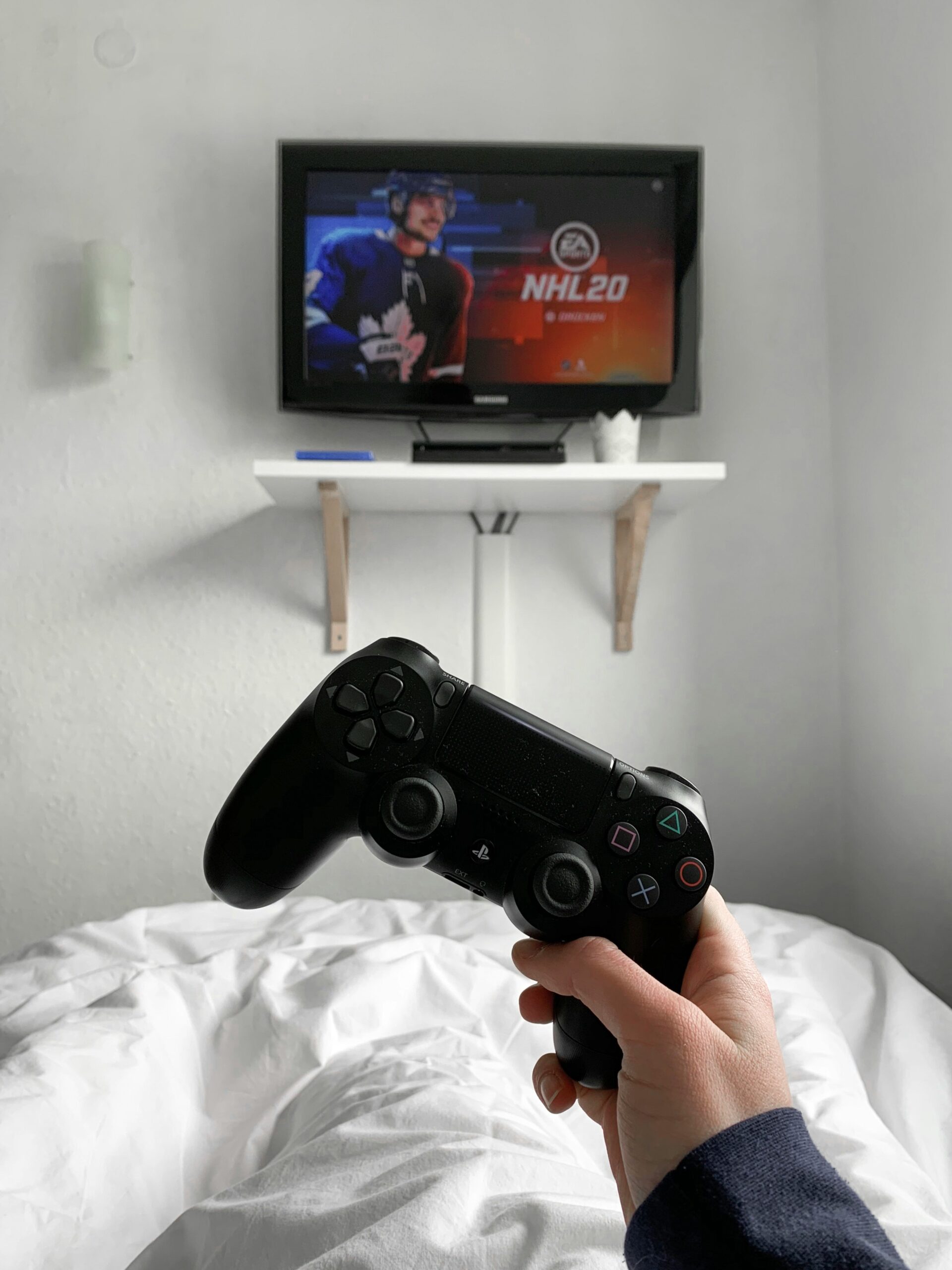ySoftware development jobs are often seen as luxurious jobs. They are highly rewarding in terms of security and salary, according to people. But what people don’t know is “all that glitters is not gold, sometimes it’s overused tubelight, that’s gonna pop off.” Then why do software devs keep burning out?
Nowadays, software devs are burning out faster than ever. Statistics show that about 80 percent of software developers have suffered from burnout at some point in their careers. It’s no wonder that nowadays technology is evolving very fast, and devs are under a lot of pressure.
Why software devs keep burning out:
Programming is very rigorous work in terms of mental effort. Not only is this the reason, but there are several other reasons like:
Unrealistic deadlines:
When the month’s about to end and everyone is busy with their work, all of a sudden CEO appears from somewhere and says, “Hey, you know what? We need to build this feature within this month.” Now here’s the trap: if you do your work honestly as much as you are intended to do, you won’t be able to complete your work in the given time. And if you fail, you will be blamed for not being a good employee. They will tag you as a failure. So, to complete that work, you will have to work extra hours.
Unappreciation:
When an employee works extra hard to complete his task on time, he rarely gets appreciated for that. Humans’ brain is wired to work when there is a reward and appreciation. But instead of appreciation, they get more work. So they get stuck in a loop where they have to keep working, but there is no reward.
Rapidly changing technology:
Nowadays, change in the field of technology is not unnoticed. Things are changing a lot, especially after exponential growth in AI. To stay in the industry, developers have to keep up with that. That’s why they have to worry about what’s changing even after work. They have to read the documentation to keep up.
Toxic culture:
In the tech industry, people don’t have emotional awareness. Don’t think that sleep deprivation is an achievement, it’s brain damage. But devs think that this is an achievement. They motivate each other to sleep less and grind more.
Unhealthy competition:
In 2019, there was a shortage of programmers. But now the market is oversaturated, and to get a job, people are ready to work for free as an intern. Then there is another thing, when people used to work hard, they would get a promotion. But then everyone started working at that level, and it became the norm. If all of the people in the company are working hard, they won’t get promoted. Now, companies expect people to work more than they are paid for.
Isolation:
Isolation is another major reason for devs’ burnout. People are working on their computers for long hours without talking to anyone, this is a major problem. Humans are social animals, and if you take them away from community, it will start to destroy. Humans don’t work and survive just for themselves, they do it for their community. If they are not in the community, then it would lead to burnout.
How to avoid burnout:
To avoid burnout, you just need to not fall into these traps that I mentioned earlier.
Recognize stress:
To avoid burnout, the first thing you can do is to recognize it. Most people can’t realize that they are stressed. If you are constantly tired. Stressed people sometimes don’t want to either sleep or wanna stay awake. If you have headaches. You wake up and don’t feel relaxed, this is a major sign of being stressed. You feel tense and can’t relax. Once you realize this, take a short break. You can meditate or do gentle exercise.
Take micro breaks:
Taking a short break to cool down can prevent you from popping your headlight and burning out. You can use 30 minutes work by 5 minutes break or if you find it difficult to get in flow after taking a break, yo can try a 60 minutes work session and 12 minutes break. During the breaks, don’t start scrolling social media. I know that it provides escape but during active stress, you need to relax, not escape. If you find escape, then it would be harder to come back and work. During micro breaks you have to do some relaxing activity like deep breathing or meditation.
Find time to talk to people:
This won’t only help you with stress, but it can also improve your communication skills. Talk to other people, be a friend, and try to make them feel comfortable. Over time, you will notice an improvement in your mental health and your working life.
Don’t externalize your values:
You are a human, and you can do a lot of things, except just being obsessed and thinking “I am a programmer”. No, recognize that you are a human. Despite coding and programming, do other things like drawing. You don’t have to be an expert of intermediate, just draw if you like. You can play cricket, or learn martial arts. When we realize ourselves as human, we are less stressed and more opportunities are available to us.
I hope this helps you. If you have further questions, contact me through the contact us form to get personalized advice.





